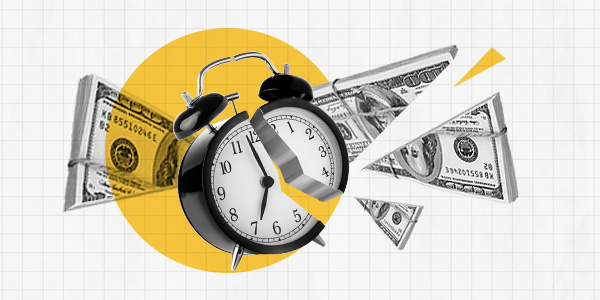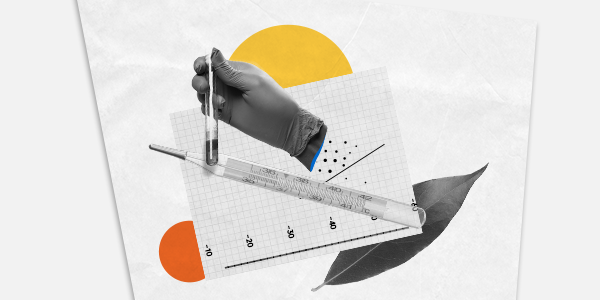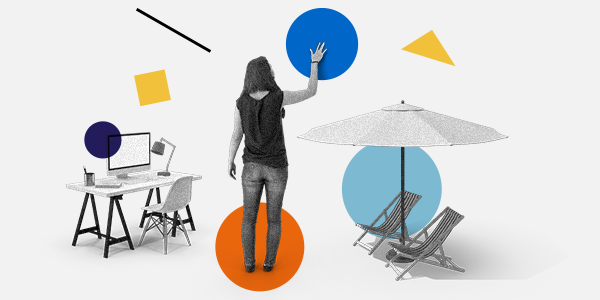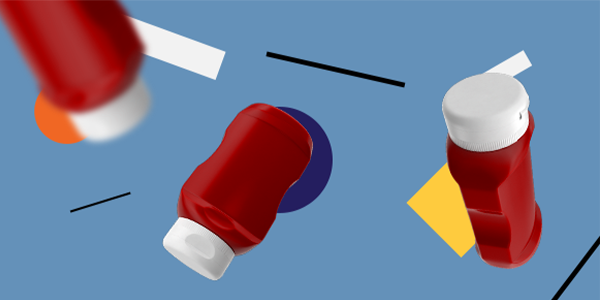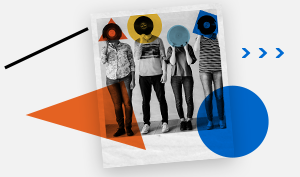
Dan Ariely is a Co-Founder of BEworks, and a Professor of Behavioral Economics at Fuqua School of Business, Duke University.
Dan Ariely’s ground-breaking experimental research and prolific writing has made him one of the most prominent leaders in the field of Behavioral Economics; an interdisciplinary science combining psychology and economics to understand human behavior and decision-making.
Dan’s writing on irrational decision-making in the marketplace has been featured in the most prominent academic journals and in a variety of popular media outlets such as the New York Times, Wall Street Journal, Washington Post, and the Boston Globe, among many others. He has also written three New York Times best-selling books that have become recognized standards in the field: Predictably Irrational, The Upside of Irrationality, and The Honest Truth About Dishonesty.
In this conversation, Kelly and Dan discuss how behavioral science can inform COVID-19 communication and polices, including the challenges created by uncertainty and risk perception.

Kelly Peters: Consensus around science takes time, and then there's the public policy implications of the science, so the issue of wearing masks was very complicated. I think it harmed a lot of the public health philosophy and, ultimately, the authority. People, right at this moment, are debating the merits of masks and are trying to understand under what circumstances they are supposed to wear [them], and for what level of efficacy.
Dan Ariely: Yes, and part of it, I think, is the communication of science, without the complexity and without the uncertainty. So, statements like “masks don't work”, or “masks are crucial” don't really help. When we ask people something like “What is the chance that if you stand next to somebody who is infected for 15 minutes, what's the chance you will get infected?” This kind of probabilistic reasoning is just not part of the story, and the complex mechanism is not part of story. I think part of it is that the media is so short with explanations and headlines. The debate should never be “masks help or don't help”, it should be “by how much do masks reduce the chance of either spreading it or getting it”.
We're also not very good at expressing uncertainty. We often don't say “It’s early days. We're not so sure, but here's a best estimate currently”. That's really what we need to say.
Kelly Peters: People very much struggle with this fundamental characteristic of science. We're so used to wanting nice, tidy truth, as opposed to this humility, this uncertainty, this best approximation of what we know to be true. What kind of nonsense is that? It makes it very difficult for public health to be scientific in a way that provides people with strong guidance and the level of certainty that they need to know “do I wear a mask or do I not wear a mask”.

Kelly Peters: It's very difficult to one day be told to quarantine, and then the next day be told that it's okay. Then the day or the week or the month after that, which we're seeing now, we've got five countries that have moved back into lockdown. It's been 72 hours, I think, since several of those countries have reinstituted those lockdowns, and I wonder how those people are feeling right now.
Dan Ariely: Yes. There must be further deterioration of trust in the government. The communication has been very problematic. Communication needs to take into account a sense of control and helplessness, and when it doesn't, it's terrible. We have tremendous resilience, but for resilience, we need to know what's going on. If people say, “stay tuned, I'll keep you posted about what's going on,” you can't make plans.
I think it's much easier to have a change in plans, rather than having no plans at all.
When you communicate it, you have to tell people “Here's the current plan. Unless there's going to be X, Y, or Z, we're not going to make changes.” You can communicate lack of certainty, but without plans, it's very hard to live.

Dan Ariely: You can have the Swedish approach, or you can have the Chinese approach for the quarantine, and they're very different. Each of them has cost and benefit. At some point, we'll argue about what's the right one for which country, but what is clear is that there's no middle option. If you quarantine half the people and do not quarantine the other half, that just doesn't work.
Quarantine is a public goods problem. People who are quarantining themselves are taking a loss for the safety of everybody, and if some people don't, it’s a problem. One big issue is that the US can't decide which strategy they're playing, but there's no room for mixed strategy here.
The other thing is that the US has no social safety net. Imagine a person who is a daily worker delivering food and that person is waking up one day with fever and coughing. They should quarantine themselves. If that person doesn't have money to eat for two weeks, for themselves or for their family, now they have a choice. What do they do? Do they quarantine themselves for the good of the nation or do they continue working?
In Israel, we started tracking the history of people who became identified as carriers very early on, and they will publish their path through an app. I go to work and come back. Maybe I stop at the supermarket. Maybe I go for a little walk. The first patients of coronavirus, they were visiting 80 places a day. You looked at that and said, “Who are those people?”. Well, it turns out, if you go to 80 places a day, you have a higher chance of being infected. We have these super spreaders, and they are basically more likely to get infected and more likely to infect other people. It’s not as if they got infected and started walking around more, they always did that. In general, these are low income, low socioeconomic status individuals. They don't have a big office they sit at all day; they do other things. So, a country like the US, with no real camaraderie and no social network, is a place where the super spreaders are the least likely to quarantine themselves.

Dan Ariely: We are both in awe of how science is going: collaboration, help, speed. Those stories, as well as the importance of vaccinations, is a really amazing opportunity. Instead of just looking at the mistakes in estimations (or not mistakes, but initial assumptions and so on) it's one of sciences most beautiful hours because people are really coming together, and lots things are happening very fast.
That story is not enough at the forefront. The politicians are making decisions about what to close and what to open, but the real advances are going to come from science, and I wish that story was more central.
It's also an opportunity to get people to change their opinions about vaccination. Polio has not been around for such a long time, not in a big way, so people stopped worrying about it. Maybe now, there will be reinvigoration of interest in vaccinations in general.
Kelly Peters: I'm hoping that there's an opportunity for us to really start to understand where these deep level conspiracies come from and revisit the role of pseudoscientific belief in society. Right now, there's just quite a bit of debate, disappointment, disgust, outrage, on all sides. It's a really important opportunity for us to learn how to improve those conversations.





